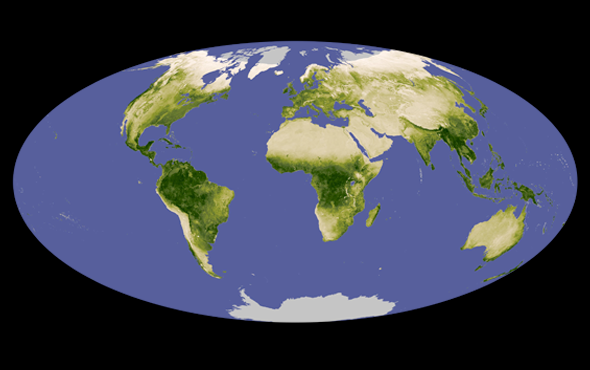AUSTRALIA
An “innovation arms race” may be brewing between humans and trash-can-raiding cockatoos in Sydney’s suburbs. Humans keep trying new defenses, such as placing bricks or rubber snakes on their bin lids, but the birds continue developing strategies to open them.
BRAZIL
Fossilized teeth revealed Brasilodon, a rodentlike animal that lived 225 million years ago, as the oldest known mammal. Scant fossil evidence had made the animal hard to classify, but new analysis suggests that its teeth are mammalian rather than reptilian.
DENMARK
Denmark has become the first United Nations member state to pay for “loss and damage” caused by its greenhouse gas emissions. Its $13-million donation will go toward recovery efforts in the countries hit hardest by climate change.
GERMANY
The world’s first commuter train route powered entirely by hydrogen is in the works in the state of Lower Saxony. The trains emit only water and steam, offering a green alternative to diesel fuel.
INDONESIA
Skeletal analysis uncovered the earliest known limb amputation: 31,000 years ago a child on the island of Borneo had the lower part of his leg surgically removed. The bone shows signs of healing, indicating the child survived the procedure.
PANAMA
A multiyear study along the Panama Canal shows that lightning shapes the composition of forests by killing some tree species more often than others. Species with dense wood and large water-carrying tissues can thrive despite lightning strikes, whereas palm trees (which lack these features) almost always die when struck.

